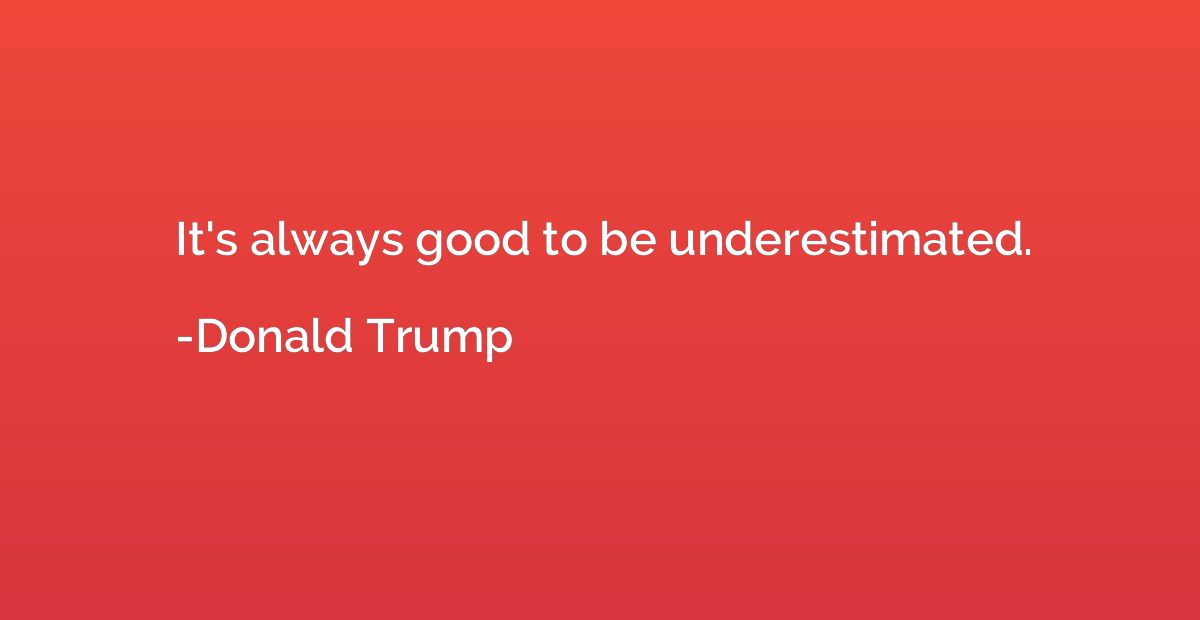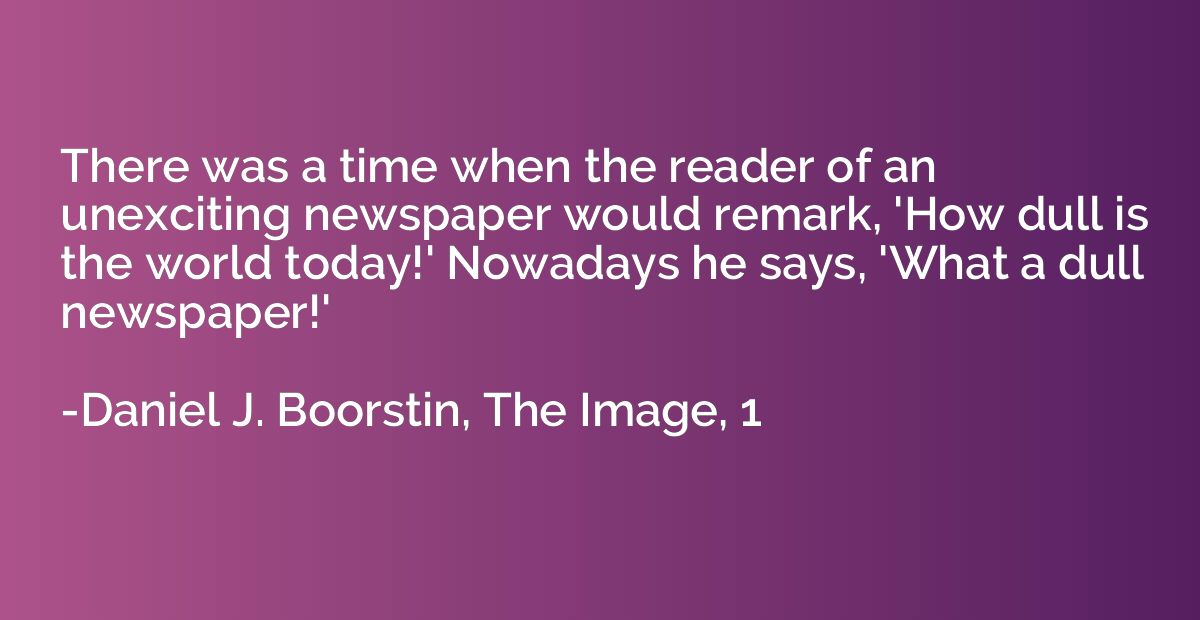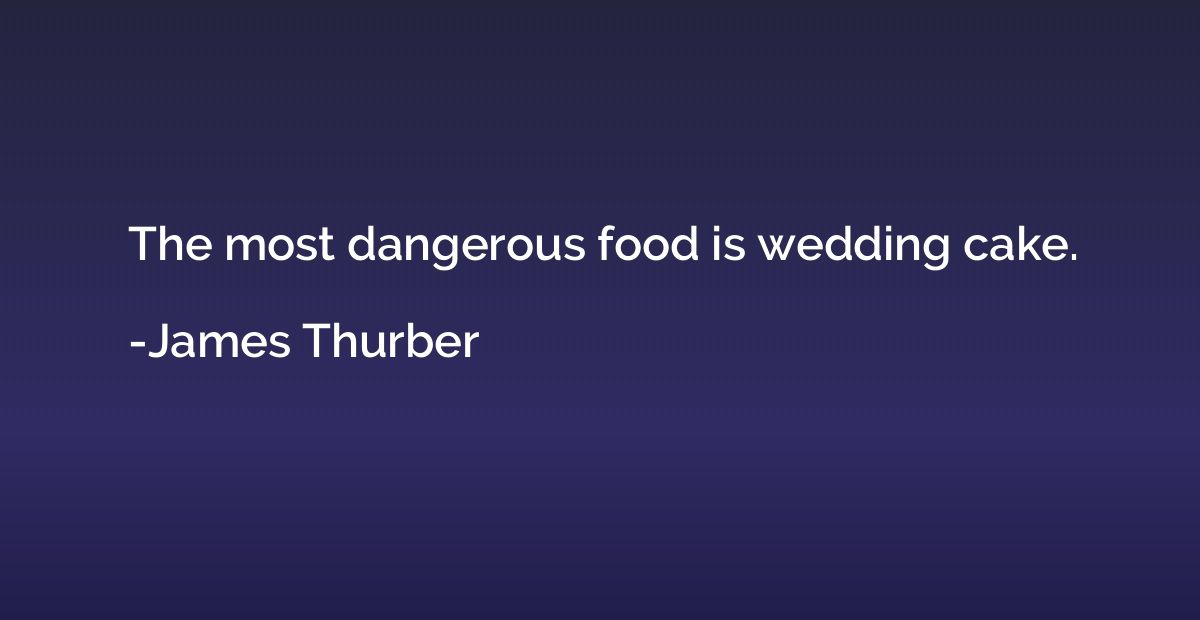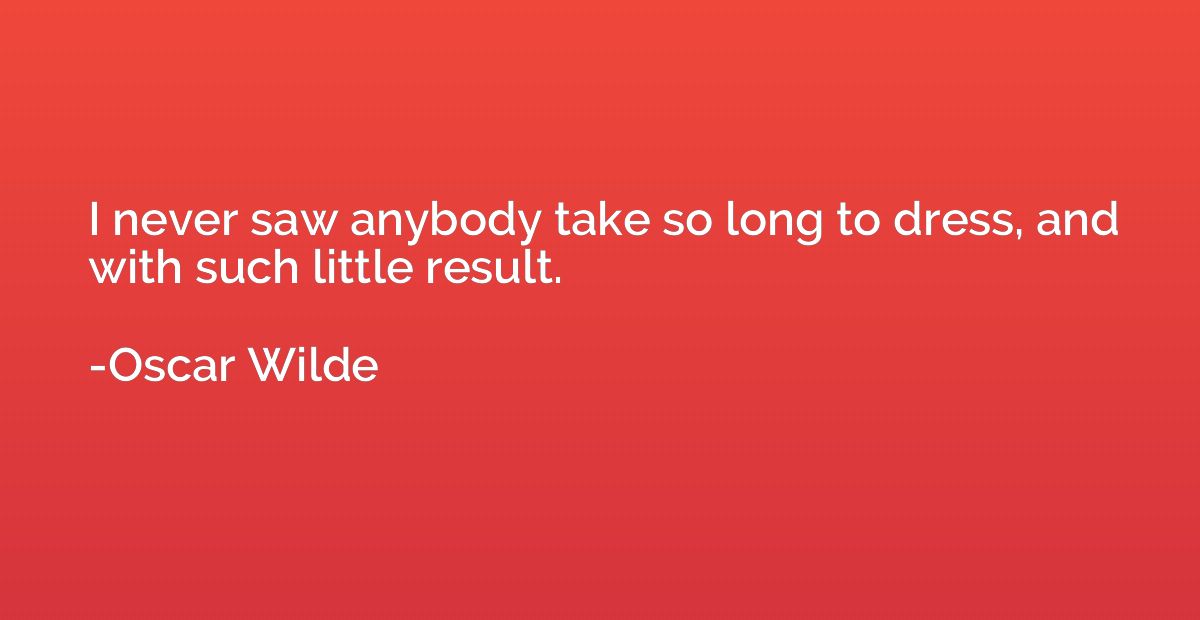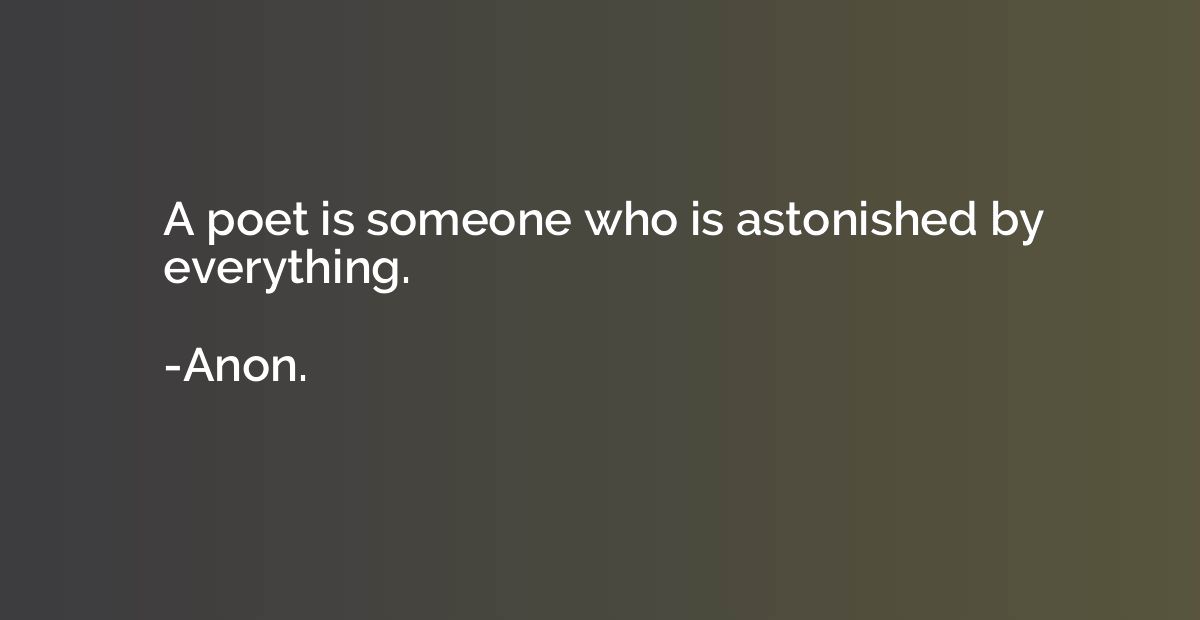Quote by Elizabeth Gilbert
Which is - you know, like check it out, I'm pretty young, I'm only about 40 years old. I still have maybe another four decades of work left in me. And it's exceedingly likely that anything I write from this point forward is going to be judged by the world as the work that came after the freakish success of my last book, right?
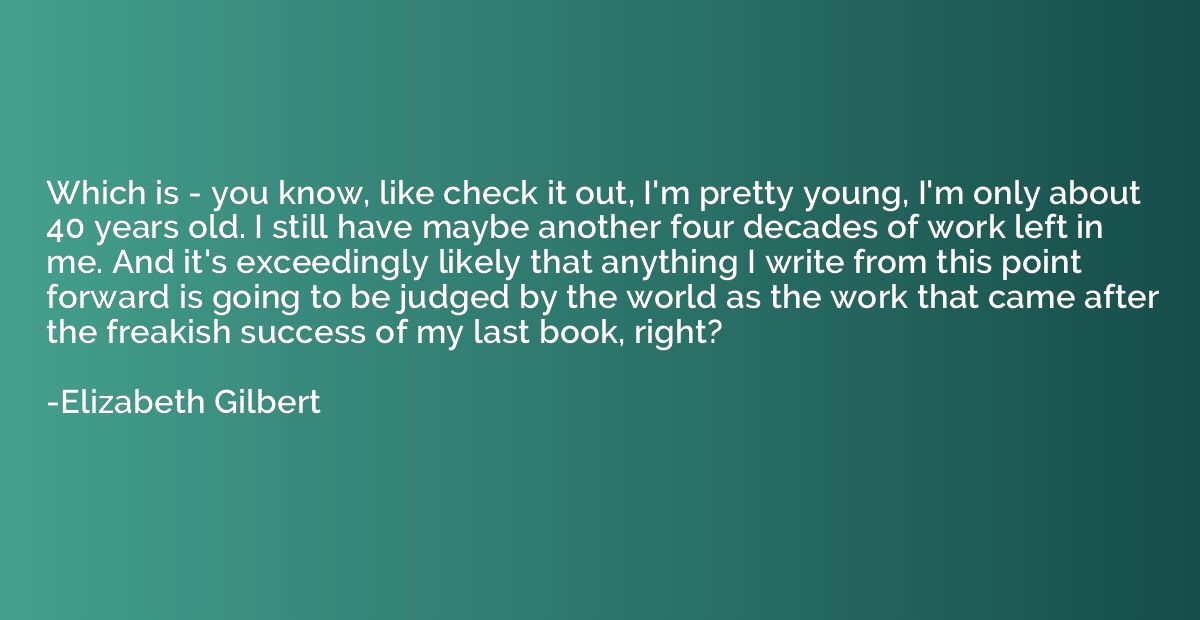
Summary
In this quote, the speaker emphasizes their relatively young age and longevity in their career, hinting at a long future ahead. They anticipate that their next works will be closely scrutinized, as there is an expectation to surpass the success of their previous book. The quote suggests the pressure and anticipation felt by artists or public figures to consistently deliver high-quality work in the eyes of others.







